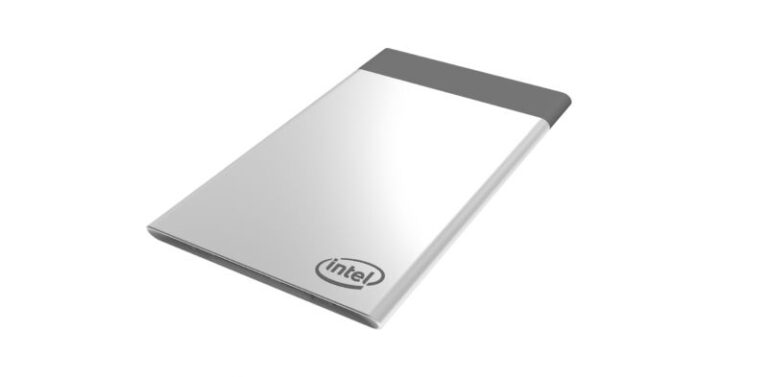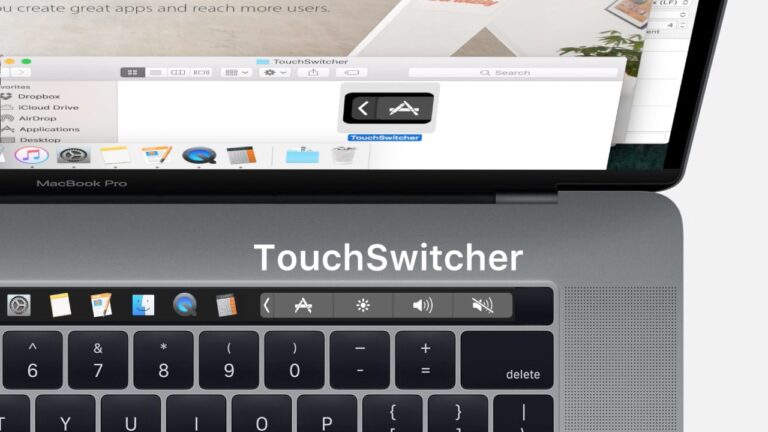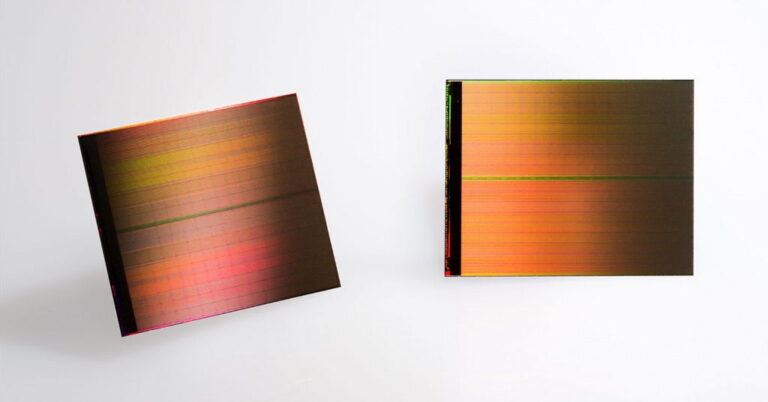
ZeroStack and the Complex Cloud Conundrum
The software-defined movement in enterprise IT seems exhausting at times. Are we saturated in solutions? There certainly are a burgeoning number of companies across a number of areas. But one area without much in the way of a solution is the cloud managed data center. This is where ZeroStack comes in.









